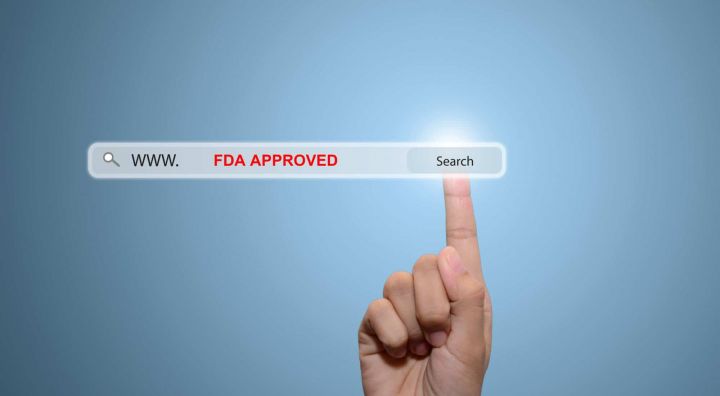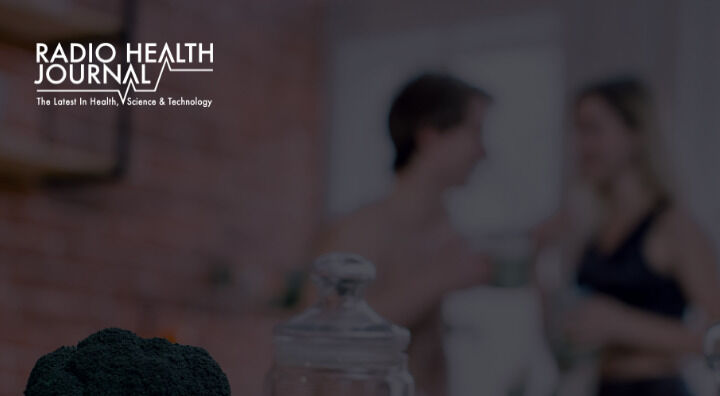If medical experts aren’t sure which foods are healthy, how do we decide what to eat? Dr. Charles Katzenberg, a cardiologist at the Sarver Heart Center, says he has discussions about heart healthy food every day with his patients. There is not a national consensus on heart healthy food. This means that different people will give different answers, and no one seems to know what to do. Most cardiologists agree that a good diet will help a person. While the same cardiologists admit to having minimal or no training at all on nutrition in medical school or at their residencies.
Dr. Stephen Devries of the Gaples Institute says while some nutritional knowledge is common sense, other information needs to be taught. If medical professionals aren’t properly trained, they won’t be able to suggest effective interventions. Why is nutrition not taught to a cardiologist? According to Dr. Katzenberg, nutrition isn’t taught to cardiologists, because their training programs prioritize other information.. Both experts agree that the issue starts with the system not putting enough emphasis on preventative measures. The key to solving this problem is for medical professionals to work together with other specialists, like nutritionists, who might have relevant training that would benefit the patient.
Guest Information:
- Dr. Charles Katzenberg, University of Arizona Sarver Heart Center
- Dr. Stephen Devries, Executive Director, Gaples Institute for Integrative Cardiology











Leave a Reply